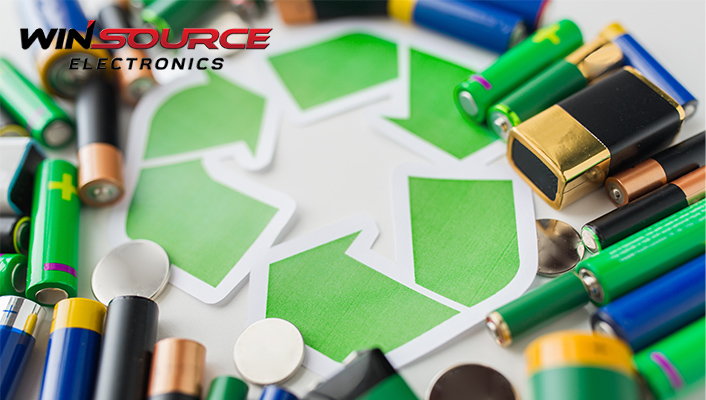
The recent outcry over Japan’s plan to discharge treated nuclear wastewater underscores the massive environmental threats posed by different forms of technological waste. From nuclear waste to electronic waste (e-waste), human progress continues to generate complex byproducts that strain nature’s processing capacity. Solving these escalating waste problems requires implementing coordinated, sustainable solutions across industries and society.
Table of Contents
ToggleNuclear Waste Risks
Nuclear waste stems from every stage of the nuclear fuel cycle, including uranium mining, enrichment, reactor operation and fuel reprocessing. This waste emits harmful radiation for hundreds of thousands of years. Nuclear wastewater from cooling reactor facilities also contains dangerous radioactive particles like cesium, strontium and tritium. While treatment methods like filtration can reduce the levels, they cannot completely eliminate the toxicity. Most nuclear waste gets solidified and buried deep underground to try to contain contamination. However, accidents like Chernobyl and Fukushima have shown limitations – entire zones have been declared off-limits to humans for centuries after such events.
Rising Tide of E-Waste
Electronic waste, or e-waste, represents another rising threat. Discarded electronics contain over 1,000 components and 60 different elements, half the entire periodic table. Toxins like lead, mercury, arsenic and cadmium lurk within devices. With global e-waste potentially reaching over 120 million tons per year by 2050 as technology use rises, improper disposal damages human health and the environment. However, recycling e-waste properly allows for reclaiming of valuable materials like gold, copper and nickel for reuse while safely containing the toxic materials.
Multi-Pronged Sustainable Solutions
Tackling these waste challenges requires sustainable solutions across multiple fronts:
● Consumers must be vigilant about responsible e-waste recycling and disposal. Contacting reputable, certified recyclers ensures e-waste gets handled safely and effectively. Recognizing and supporting responsible brands like WIN SOURCE that facilitate recycling makes an impact.
● Companies should engineer electronics and other products for durability, repairability and recyclability. Enacting corporate policies that discourage rapid disposal and enable responsible recycling also helps reduce waste.
● Policymakers need to enact regulations restricting toxic materials in devices and mandate responsible recycling practices. Tax incentives can also drive sustainability improvements in manufacturing and waste management.
● Investing in waste-to-energy technology, though not a complete solution can extract value from non-recyclable materials while limiting environmental harm.
●Transitioning energy production to renewable sources like wind and solar reduces hazardous nuclear waste. Improving energy efficiency across industries also minimizes waste footprints.
Building Sustainable Systems
True progress requires going beyond waste management to build sustainable economic systems. WIN SOURCE demonstrates that environmentally and socially responsible business is attainable. By utilizing certified green suppliers, minimizing packaging waste and meeting health and safety standards, WIN SOURCE integrates sustainability into operations. Consumers should seek out and actively support such values-driven brands.
The Way Forward
Preserving nature while advancing human technology is a defining challenge of our times. Transitioning to a truly sustainable future will require rediscovering a sense of respect and stewardship for the natural systems all life relies upon. Though modern technology helped generate today’s waste crises, realigning innovation with ecological wisdom can transform society’s relationship with nature. By cultivating community, conservation and care for the planet across businesses and cultures, people worldwide can create an equitable and sustainable future.

COMMENTS